
Code: 09177177
Evaluating
by Ernest R. House
By Ernest R. House, University of Colorado at Boulder A volume in Evaluation and Society Series Editors, Jennifer C. Greene, University of Illinois at Urbana-Champaign and Stewart I. Donaldso ... more
- Language:
 English
English - Binding: Hardback
- Number of pages: 152
Publisher: Information Age Publishing, 2014
- More about this

You might also like
-

Goetter und Heroen des classischen Alterthums
119.50 € -7 %
Give this book as a present today
- Order book and choose Gift Order.
- We will send you book gift voucher at once. You can give it out to anyone.
- Book will be send to donee, nothing more to care about.
More about Evaluating
You get 293 loyalty points
 Book synopsis
Book synopsis
By Ernest R. House, University of Colorado at Boulder A volume in Evaluation and Society Series Editors, Jennifer C. Greene, University of Illinois at Urbana-Champaign and Stewart I. Donaldson, Claremont Graduate University In this book, Ernie House reframes how we think about evaluation by reconsidering three key concepts of values, biases, and practical wisdom. The first part of the book reconstructs core evaluation concepts, with a focus on the origins of our values and biases. The second part explores how we handle values and biases in practice, and the third shows how we learn practical wisdom and use it in evaluations. Value is the central concept in this volume, yet it's a fuzzy concept. In Part I, Ernie clarifies the concept of value by addressing basic questions: What are values? Where do they come from? Why do we have them? Why is our conception so confused? How do we handle values in evaluations? In Part II, another central concept is added, that of biases. Prominent evaluation frameworks have focused on biases, including Campbell and Stanley's (1963) framework for validating causal inferences and Scriven's (1972) conception of objectivity, which is achieved by correcting for biases in general. In addition, research on thought processes has made progress by focusing on cognitive biases (Kahneman, 2011). Even so, through a case example, Ernie demonstrates that the concept of biases is under-appreciated and not well engaged in evaluation practice. The third important concept, featured in Part III, is practical wisdom, which is the knowledge that evaluators acquire through experience. Practical wisdom informs what we do, possibly as much as theory. Experienced evaluators often conduct evaluations in similar ways, regardless of their theory, because practical wisdom determines much of what they do. Ernie provides concrete examples of practical wisdom and how we employ it. Throughout the book, he draws on the empirical research on thinking processes, especially Kahneman's Thinking Fast and Slow (2011). This book will be of interest and relevance to all evaluation scholars and practitioners, as it thoughtfully engages core constructs of the field. The book can also well serve as a supplementary text in multiple evaluation courses, as it offers valuable conceptual and practical perspectives on our craft.
 Book details
Book details
Book category Books in English Society & social sciences Education Organization & management of education
116.88 €
- Full title: Evaluating
- Subtitle: Values, Biases, and Practical Wisdom
- Author: Ernest R. House
- Language:
 English
English - Binding: Hardback
- Number of pages: 152
- EAN: 9781623969165
- ISBN: 9781623969165
- ID: 09177177
- Publisher: Information Age Publishing
- Weight: 410 g
- Dimensions: 229 × 152 × 13 mm
- Date of publishing: 16. December 2014
Trending among others
-
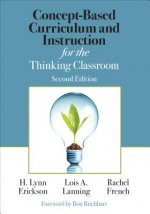
Concept-Based Curriculum and Instruction for the Thinking Classroom
44.20 € -

Rich Dad Poor Dad
21.79 € -5 % -

Smartest Kids in the World
11.29 € -28 % -

Form Drawing and Colouring
15.23 € -28 % -

OCA/OCP Java SE 8 Programmer Certification Kit
76 € -22 % -
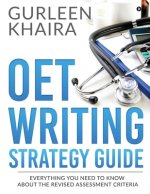
OET Writing Strategy Guide
19.27 € -

Pearson REVISE Edexcel A level Maths Practice Papers Plus
16.95 € -

Outcomes Intermediate: Workbook with CD
19.67 € -9 % -
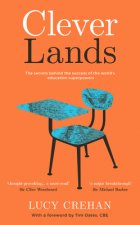
Cleverlands
15.84 € -17 % -
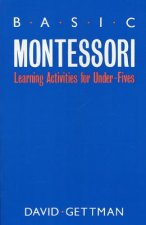
Basic Montessori
14.73 € -22 % -

Rudolf Steiner's Curriculum for Steiner-Waldorf Schools
16.75 € -37 % -

First Little Readers Parent Pack: Guided Reading Level B
22.70 € -8 % -
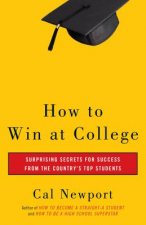
How to Win at College
16.95 € -15 % -

First Little Readers: Guided Reading Level C (Parent Pack)
24.21 € -2 % -

Ten Ways to Destroy the Imagination of Your Child
15.43 € -19 % -
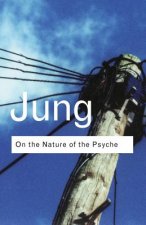
On the Nature of the Psyche
15.84 € -14 % -
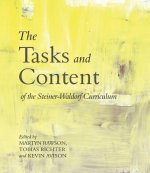
Tasks and Content of the Steiner-Waldorf Curriculum
24.92 € -38 % -
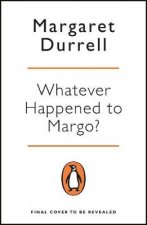
Whatever Happened to Margo?
10.39 € -27 % -

Candlestick Charting For Beginners
12.20 € -2 % -
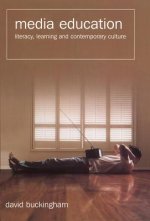
Media Education - Literacy, Learning and Comtemporary Culture
34.61 € -

The Naked Roommate
15.43 € -22 % -

Battle Hymn of the Tiger Teachers
26.44 € -
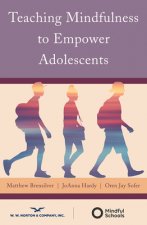
Teaching Mindfulness to Empower Adolescents
28.15 € -5 % -
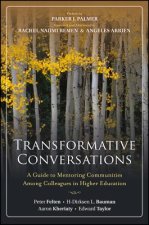
Transformative Conversations - A Guide to Mentoring Communities Among Colleagues in Higher Education
31.68 € -
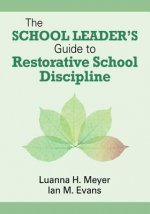
School Leader's Guide to Restorative School Discipline
43.80 € -
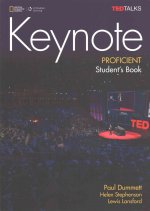
Keynote Proficient with DVD-ROM
50.26 € -

Official Guide to the GRE General Test, Third Edition
31.58 € -22 % -

F in Exams
8.97 € -15 % -
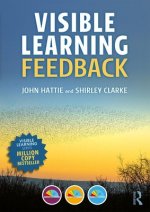
Visible Learning: Feedback
38.85 € -
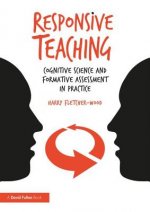
Responsive Teaching
21.49 € -7 % -
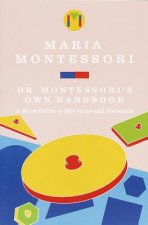
Dr. Montessori's Own Handbook
22.10 € -
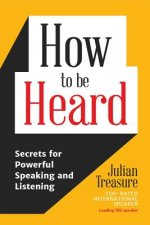
How to Be Heard
14.73 € -26 % -
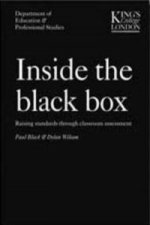
Inside the Black Box
8.77 € -
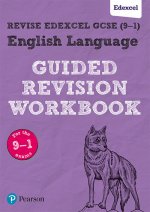
Pearson REVISE Edexcel GCSE English Language Guided Revision Workbook - 2023 and 2024 exams
9.28 € -
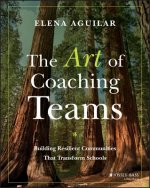
Art of Coaching Teams - Building Resilient Communities that Transform Schools
26.94 € -28 % -
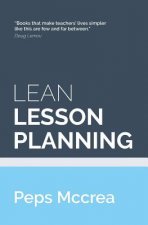
Lean Lesson Planning
18.66 € -6 % -
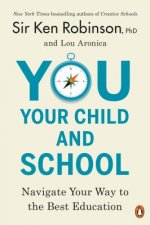
You, Your Child, and School
14.32 € -21 % -

Innovative University
24.52 € -27 % -
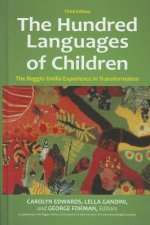
Hundred Languages of Children
53.28 € -

Kallis' TOEFL iBT Pattern Speaking 1
19.07 € -12 % -
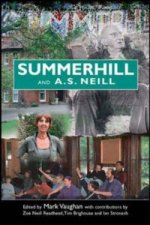
Summerhill and A S Neill
41.27 € -
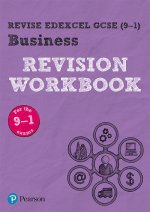
Pearson REVISE Edexcel GCSE Business Revision Workbook for the 2023 and 2024 exams
9.58 € -

Mathematics Formative Assessment, Volume 2
42.99 € -
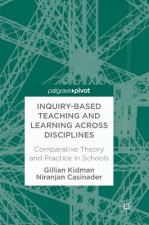
Inquiry-Based Teaching and Learning across Disciplines
72.26 € -

Forest School for All
41.37 € -10 % -
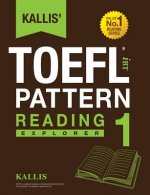
Kallis' TOEFL iBT Pattern Reading 1
19.07 € -12 % -
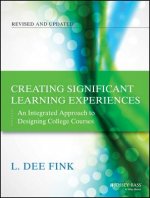
Creating Significant Learning Experiences, Revised and Updated - An Integrated Approach to Designing College Courses
39.86 € -10 % -

Frogs into Princes
39.15 € -

Teaching of Science in Primary Schools
46.62 € -4 %
Collection points Bratislava a 2642 dalších
Copyright ©2008-24 najlacnejsie-knihy.sk All rights reservedPrivacyCookies



 15549 collection points
15549 collection points Delivery 2.99 €
Delivery 2.99 € 02/210 210 99 (8-15.30h)
02/210 210 99 (8-15.30h)